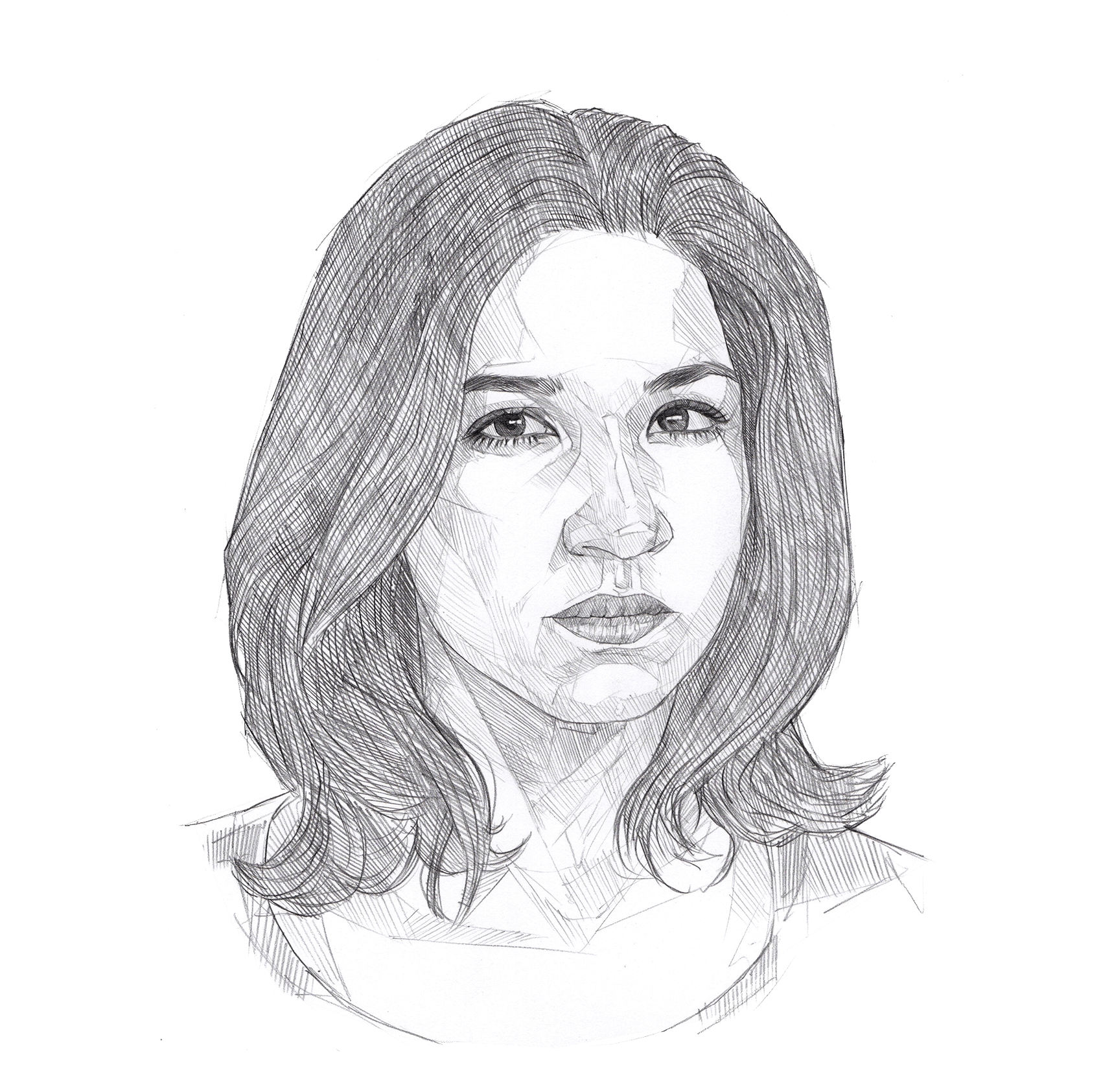It’s not just the physical abuse, it’s the mental torture
I would like to say that [if a friend disclosed sexual assault] this is a very delicate situation, so we have to understand whatever she or he is going through right now. And it's not just the physical abuse that she or he is going through, but it's also the mental torture. [...] Mental health [...] is the most important thing. So, with this thing, like with physical abuse [...] the person can experience depression. [...] So, we have to consider this thing, and we have to give him or her support as much as needed, and we have to go according to her. We [...] we have to understand anything that she wants to say to us, and whatever she is going through we have to try and understand her accordingly.
Recommendations
-
Use open-ended questions and collaborative communication when supporting a victim/survivor.
-
Use approaches that are trauma informed and survivor-centred.
-
Provide long-term support to victims/survivors through university services and/or through referals to external community-based agencies.
-
Present learning materials in a way that is helpful to a friend supporting a victim/survivor.
-
Make supports available to members of the university community who receive disclosures, or raise awareness of these supports within university communities where they already exist.

